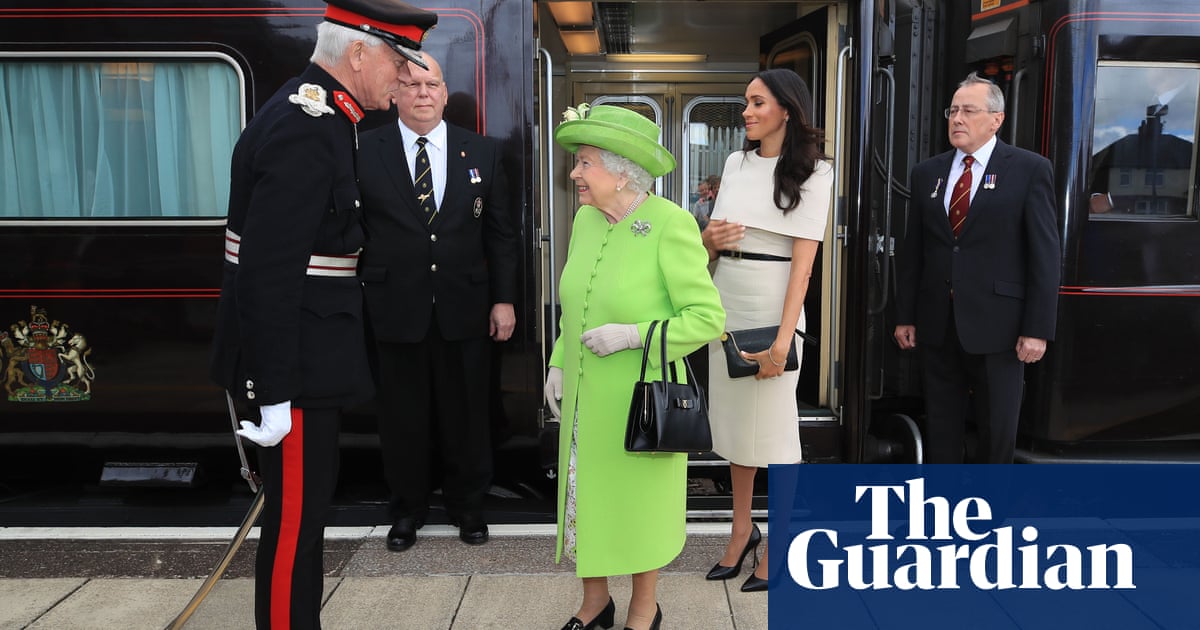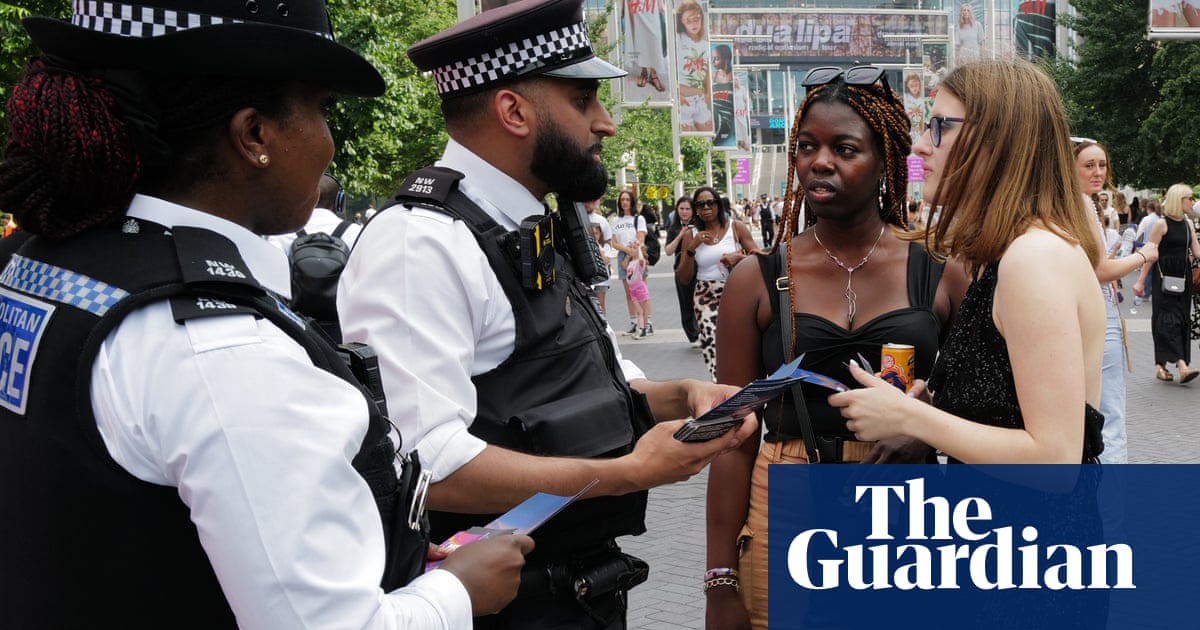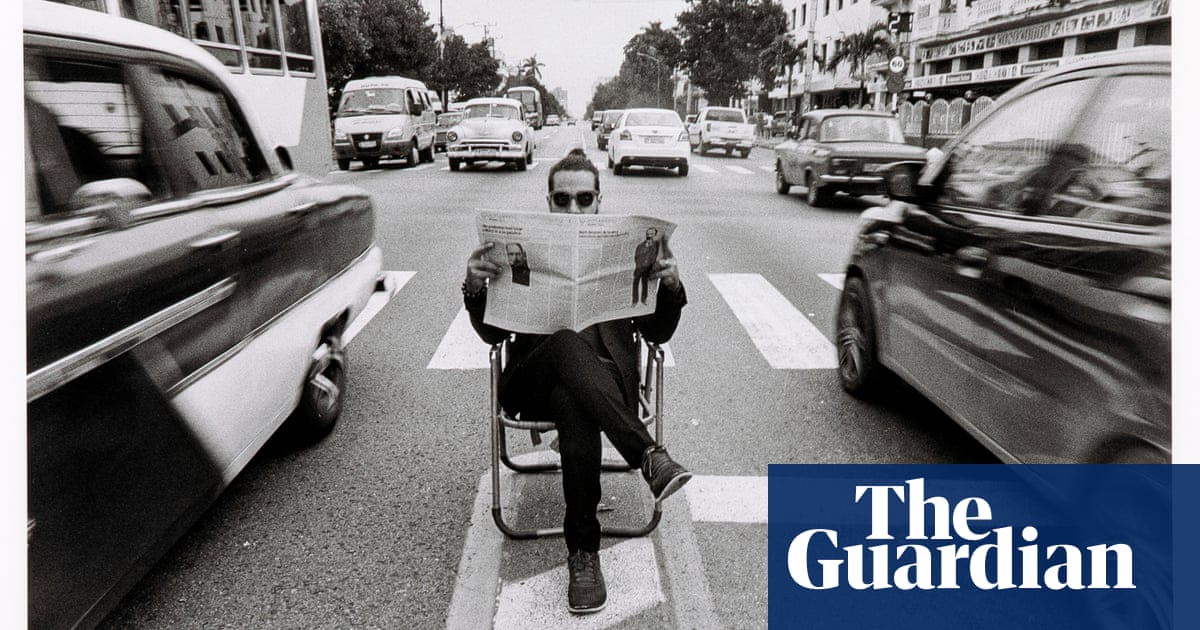From no-buy-years to second-hand shopping, gen Z seems to have its own unique spending habits. A global rise in the cost of living combined with a highly competitive job market means that 69% of gen Z use some sort of budget to manage their finances.
Their priorities, and what they choose to save for, are different from their boomer counterparts. Gen Z is more likely to spend money on subscriptions, from meal kits to Spotify. There’s also the trend of “doom spending”, which is purchasing non-essential items to cope with either personal or wider political issues.
To better understand their spending, four gen Zers tell us about budgeting, saving and what makes them splurge.
Jenna, 26, Cincinnati, Ohio
Occupation: buyer for a food production company
Salary: $64,000 (£47,000)
Rent (including water): $1,150 (£849)
This is my main expense. Fortunately, I inherited a good vehicle from my uncle which should last for 10 years or so. Also my medical and dental healthcare are provided by my employer and they reimburse me for using my mobile. I’m not working towards saving for a house as I don’t want to buy one until I’m living in an area where I know I’ll be staying for a good few years. I’m thinking of maybe going back to school to study, so I’ll probably be leaving Ohio soon.
Utilities: $80 (£60)
-
$40 for electricity
-
$40 for internet
Travel: about $195 (£144)
-
About $85 on average for gas
-
$110 for car insurance
Retirement savings: $1,230 (£908)
I came up with the goal of 25% of my pre-tax salary through research on modern money management. I mix this payment between an employer-sponsored retirement plan (401K), a Roth individual retirement account (IRA) and a health savings account (HSA). There are some suggestions that you should save 10% or 15% of your salary for retirement, but if I feel like I have a little bit extra I’ll put in 20%. I don’t think I’ll get great market returns which is why I aim for 25% as it helps me feel safe. I don’t trust that by the time I retire we’ll have a strong social security system.
Food: about $475 (£351)
I prefer to shop locally for my groceries which can make it more expensive. I love to cook, and I like buying the pricier grass-fed milk or small-farm eggs for $12 a dozen. As someone who works in food production, it’s worth it for me to know exactly what’s in my food.
Medical/healthcare: about $309 (£230)
-
$100 for upcoming medical procedure [not included in medical healthcare]
-
$530 for six months of medical testing, so about $89
-
$120 for supplements such as painkillers, vitamins, collagen powder and protein powder
Subscriptions: $15 (£12) for Spotify which is my only subscription
Fitness: $40 for gym membership (£30)
Cosmetic care: about $175 (£130)
I don’t wear makeup but I use a ton of moisturizer due to eczema and dry skin. I guess skincare is where I “splurge”, but for me it’s worth it.
Clothes: annual spend is around $500 so about $42 a month (£31)
Sometimes I go months without buying anything and other times I spend $200 in one day. In May, I spent $4 for a bra at Goodwill and $62 to get two dresses tailored. I mostly buy clothes secondhand or vintage, but I’ll splurge on a new pair of jeans, because the sizing is so particular.
Eating out: about $250 (£185)
I’ve almost completely stopped getting takeout for myself. I only save it for social events. Although I will treat myself to a coffee once or twice a month. Most of the money I spend on meals outside the house is for my friends’ birthday dinners.
Very few of my friends save as much as I do, although one of my closest friends gets to save 60% of his income through living at home. If I wanted to save more, the first thing I would cut out is probably eating out and social drinking. After that, I would swap some of my bougie food choices with alternatives from Aldi.
Monthly total: about $4,139 (£3,054)
Jake, 28, Seattle, Washington
Occupation: customer service adviser for a campervan rental company
Salary: about $700 a week so $2,800 monthly and $33,600 annually (£24,792)
My income is only temporary as my job is seasonal. Prior to last month, I was barely making $1,000 a month. I finished my postgraduate degree last year and spent six months applying for jobs before graduating. It still took nearly two years before I landed my current job. My wife works as a barista and her salary is similar to mine – I just created a shared bank account for us so all our expenses come out of it.
When it comes to saving, we put away money for emergency expenses like car breakdowns or vet bills. I don’t believe in having a lot of money just sitting there in a savings account. Anything I do save I plan to put in safe investments but I’m pretty pessimistic about the stock market right now. We would love to build our own small home on vacant land since housing is so unaffordable, but that’s a major long-term goal.
Rent: monthly spend for my wife and me is $1,700, so alone it’s about $850 (£628)
Utilities: $78 so about $39 (£29)
-
$45 for phone
-
$25 for internet
-
$8 for renters’ insurance
Travel: $575 so about $288 (£213)
-
$150 for gas
-
$250 for car insurance
-
$100 for car repairs
-
$75 for public transport
Food and household: $285 so about $143 (£106)
-
$250 for food
-
$25 for bathroom supplies
-
$10 for household supplies
Dog bills: $216 so about $108 (£80)
-
$111 for insurance
-
$105 for food
Fitness: $17 (£13)
Subscriptions: $40 so about $20 (£15)
-
$20 for Spotify
-
$12 for Hulu
-
$8 for Apple arcade
Eating out: $100 so about $50 (£37)
Monthly total: about $1,515 (£1,121)
Mark, 26, Raleigh, North Carolina
Occupation: data scientist for a bank
Salary: $72,000 (£53,1325)
I paid off my student debt about two years ago and started saving straight after I finished my undergraduate degree. I have high variable entertainment and travel costs as my significant other lives in the UK. My at-home entertainment costs are pretty low. I have no streaming services and if I do spend money, it’s mostly on going out with friends, soccer leagues and seeing movies.
Rent and utilities: about $1,850 (£1,366)
-
About $1,825 for rent
-
$25 for phone
Renting is insanely expensive. My aim is to save enough for a down payment on a house and even though I make a pretty good salary, I am still nowhere near able to afford one in an area where I want to live.
Travel: $160 (£119)
-
$60 for gas
-
$600 for six months of car insurance, so about $100
This month it was $1,200 as I took a road trip and needed to buy new tires.
Groceries: about $300 (£222)
I’m at home two to three times a week so I tend to cook and bring any leftovers I have into the office.
Dog bills: about $50 (£37)
-
$10 for food
-
About $40 for medicine and vet bills
Fitness: annual spend is around $300 so about $25 a month (£19)
I run, play soccer, or use the gym in my apartment block. Equipment like running shoes, football boots and league fees are the only costs and they’re pretty infrequent.
Cosmetic care: about $4 (£3)
I don’t really spend much on skincare or cosmetics but when I do, it definitely averages out to less than $5 a month.
Clothes: I mostly thrift so spend only about $20 a month (£15)
Eating out: about $100 (£74)
I eat out only two or three times a week – nothing fancy. This can be higher when I’m traveling, which is fairly often.
Miscellaneous: about $267 on average for four return flights a year to the UK (£197)
I try to visit my partner in London every couple of months. Round-trip flights are around $800 and we spend a bit more on dates, eating out and entertainment while there, but I do have a place to stay when visiting so there are no big lodging costs.
Among my friends my expenses are pretty average but it depends on where they live as my friends who live in Washington DC spend way more. Nationwide I’m definitely in the higher-earning, higher-spending category though.
Monthly total: about $2,776 (£2,049)
Anna, 22, Washington
Occupation: part-time teacher and writer
Salary: about $700 a month and $8,400 annually (£6,198)
I’m self-employed and still live at home with my family so don’t have any rent or utility expenses. I’m also still on the family’s health insurance. I do not actively budget my money in terms of allocating a specific percentage for different expenses. Rather, I keep a record of my income and expenses and I adjust my spending as necessary.
For me, non-essential spending is money spent on things that I can technically live without and be content, such as a special TV/streaming subscriptions, new clothes, decoration for my room, books, CDs/digital music, hobby-related goods, or “fun” purchases, like an antique.
Splurges just come at random times for me. Sometimes it’s because I find something really special that I want to purchase, other times it’s because I find something that is the only one of its kind left for sale. My passions are music and history, so it’s usually one of those two things I’m spending money on. For instance, I splurged once on buying antique newspapers from the first few weeks of the second world war. Another time, I splurged on buying an antique first (and only) edition of an old English book by Jane Porter. I will also sometimes give to charities (mostly overseas) that I appreciate – more so lately.
Food: $140 (£104) as I don’t eat out much at all.
Savings: $455 (£336)
I’m young and because of my lifestyle I don’t have certain expenses that I will probably have in a few years (like a car, gas, auto insurance etc.) so I save most of my money.
Miscellaneous: about $95 (£71) for TV subscriptions and work-related software costs.
Monthly total: about $690 (£510)
All names have been changed

 6 hours ago
3
6 hours ago
3

















































